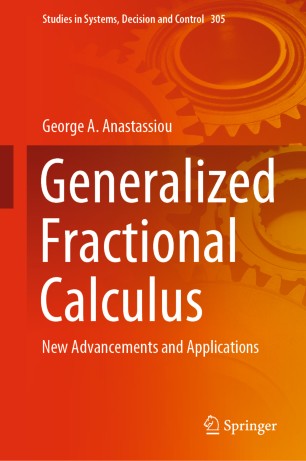

Most ebook files are in PDF format, so you can easily read them using various software such as Foxit Reader or directly on the Google Chrome browser.
Some ebook files are released by publishers in other formats such as .awz, .mobi, .epub, .fb2, etc. You may need to install specific software to read these formats on mobile/PC, such as Calibre.
Please read the tutorial at this link: https://ebookbell.com/faq
We offer FREE conversion to the popular formats you request; however, this may take some time. Therefore, right after payment, please email us, and we will try to provide the service as quickly as possible.
For some exceptional file formats or broken links (if any), please refrain from opening any disputes. Instead, email us first, and we will try to assist within a maximum of 6 hours.
EbookBell Team

4.0
6 reviewsThis book applies generalized fractional differentiation techniques of Caputo, Canavati and Conformable types to a great variety of integral inequalities e.g. of Ostrowski and Opial types, etc. Some of these are extended to Banach space valued functions. These inequalities have also great impact in numerical analysis, stochastics and fractional differential equations. The book continues with generalized fractional approximations by positive sublinear operators which derive from the presented Korovkin type inequalities and also includes abstract cases. It presents also multivariate complex Korovkin quantitative approximation theory. It follows M-fractional integral inequalities of Ostrowski and Polya types. The results are weighted so they provide a great variety of cases and applications. The second part of the book deals with the quantitative fractional Korovkin type approximation of stochastic processes and lays there the foundations of stochastic fractional calculus. The book considers both Caputo and Conformable fractional directions and derives regular and trigonometric results. The positive linear operators can be expectation operator commutative or not. This book results are expected to find applications in many areas of pure and applied mathematics and stochastics. As such this monograph is suitable for researchers, graduate students, and seminars of the above disciplines, also to be in all science and engineering libraries.